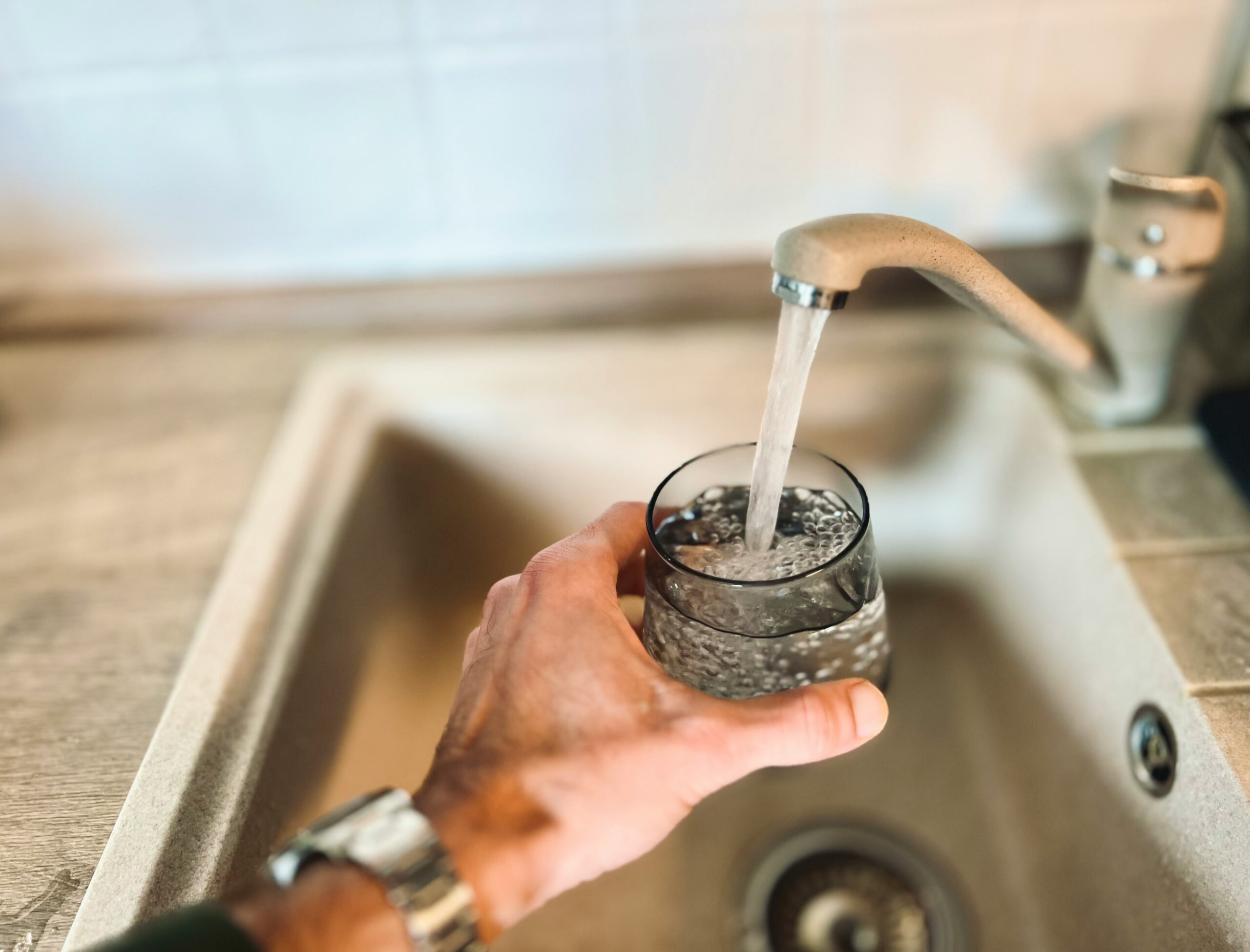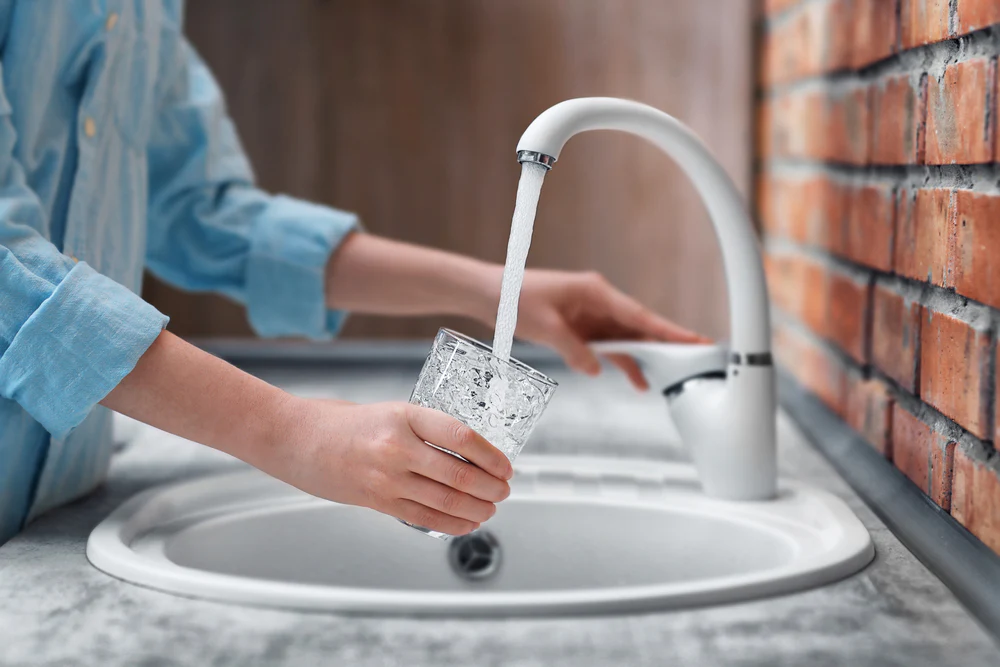In May 2024, the Environmental Protection Agency (EPA) issued a nationwide drinking water warning for the entire United States. This alert has sent ripples across the nation, urging immediate action to safeguard one of our most vital resources.
The Cybersecurity Threat
The warning stems from a series of cyberattacks targeting water and wastewater systems across the country. These attacks, attributed to state-sponsored groups from countries like China, Russia, and Iran, have exposed critical vulnerabilities in the nation’s water infrastructure. The EPA’s inspections revealed that a staggering 70% of U.S. water systems do not fully comply with the cybersecurity requirements outlined in the Safe Drinking Water Act.
Potential Impacts
The consequences of these cyberattacks are alarming. Hackers could potentially disrupt water treatment processes, damage pumps and valves, and even alter chemical levels to hazardous amounts. Such disruptions could lead to widespread water contamination, posing severe health risks to millions of Americans. This threat further endangers America’s tap water, which already poses health risks. Given that the majority of Americans regularly drink tap water, this danger should not be taken lightly.
Government Response
In response to these threats, the EPA, in collaboration with the White House, has called for immediate action from water utility systems nationwide. The agency has emphasized the need for comprehensive risk assessments, updated cybersecurity measures, and robust incident response plans. This proactive approach aims to mitigate the risks and ensure the continued safety and reliability of the nation’s drinking water supply.
The Role of Cybersecurity
This warning underscores the critical importance of cybersecurity in protecting our infrastructure. As technology continues to advance, so do the tactics of cybercriminals. It is imperative for water utilities to stay ahead of these threats by implementing stringent cybersecurity protocols and regularly updating their systems.
What Can You Do?
While the government and water utilities work to enhance cybersecurity measures, individuals can also play a role in safeguarding their water supply. Here are a few steps you can take:
- Stay Informed: Keep up-to-date with local water quality reports and any advisories issued by your water provider.
- Prioritize filtered water: with warnings and threats like this, it’s more important than ever to have access to clean, filtered water. At FloWater, we offer advanced filtered water stations for homes, businesses, schools, and events alike. It’s our mission to ensure everyone has access to safe drinking water.
- Advocate for filtration in your community: reach out to your employer, workplace, or school and ask what they are doing to provide safe drinking water. Chances are, there are opportunities to enhance filtration and offer better, safer hydration for everyone.
- Report Suspicious Activity: If you notice any unusual activity or disruptions in your water service, report it to your local water utility immediately.
- Support Cybersecurity Initiatives: Advocate for stronger cybersecurity measures at the local and national levels to protect critical infrastructure.
Conclusion
The 2024 nationwide drinking water warning serves as a stark reminder of the vulnerabilities in our infrastructure and the ever-evolving nature of cyber threats. By taking proactive measures and staying vigilant, we can work together to protect our water supply and ensure the safety and well-being of all Americans.
Sources:
Newsweek, “Drinking Water Warning Issued Nationwide”
US News, “EPA Warns of Increasing Cyberattacks on Water Systems”
Sustainable Brands, “Survey:Majority of Americans Concerned About Contaminants in Tap Water”




